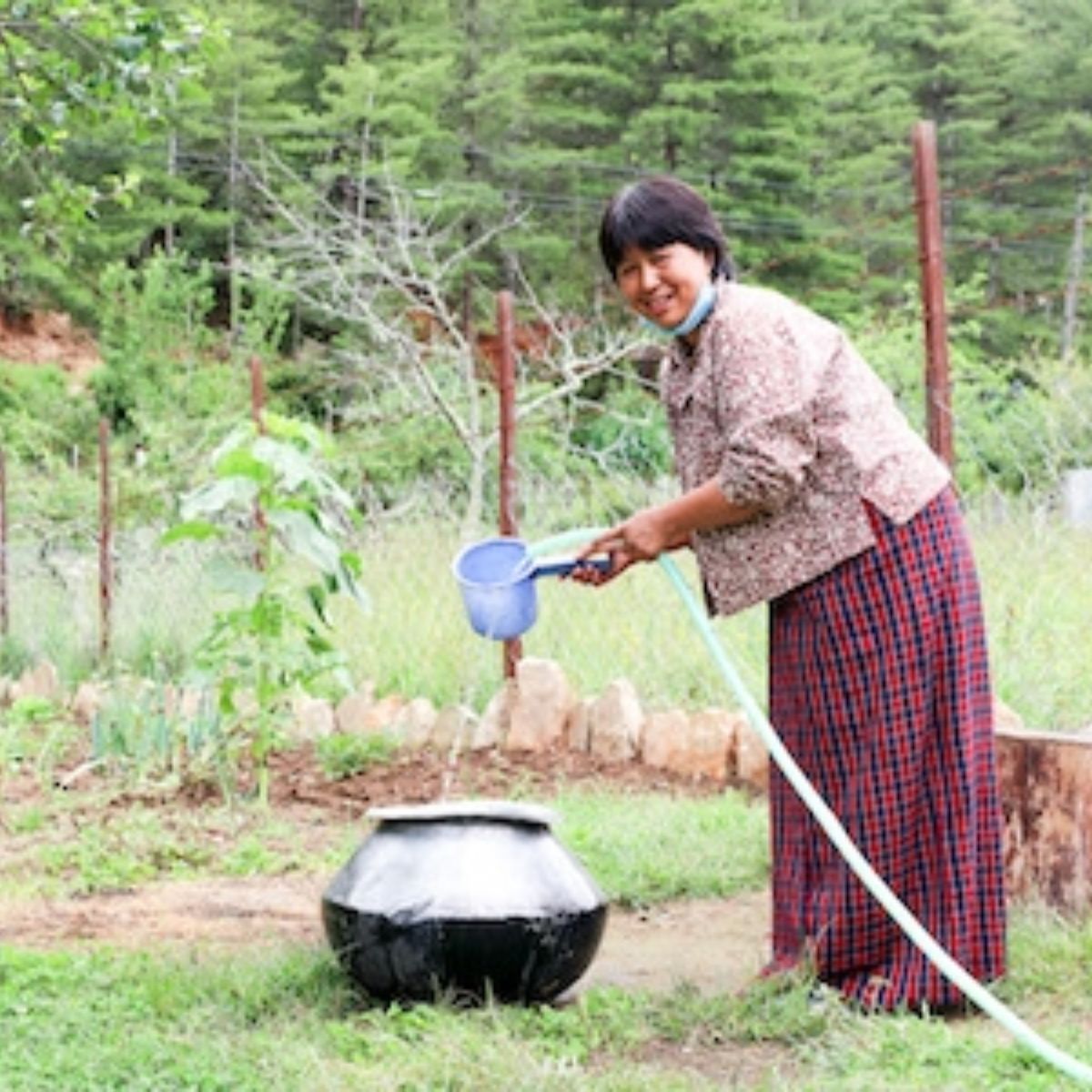India and south Asia forecast to grow more quickly than other regions
Source: Financial Times
Date: 3 Oct 2023
India and its South Asian neighbors are projected to experience robust economic growth in 2023, with the World Bank revising its forecast to 5.8%. This growth defies expectations for slower expansion in China and East Asia due to challenges like US protectionism and rising debt. India is expected to outpace China, growing at 6.3% in 2024. However, the bank warns that achieving high-income status remains a challenge, given factors like poverty and high debt. Climate change and global demand also threaten the region’s outlook. Despite demographic advantages and business-friendly reforms in India, economists argue that faster growth is needed to create sufficient jobs for the large population. Recoveries in Pakistan and Sri Lanka are expected to contribute to South Asia’s growth.
Bhutan launches a new $8.9M project to build climate resilience of its water sector
Source: UNDP
Date: 28 Sep 2023
Bhutan has initiated an $8.9 million project, backed by the Global Environment Facility’s Least Developed Countries Fund (GEF-LDCF) and UNDP, to tackle water shortages and declining water quality driven by climate change. Co-financed with an additional $25 million from the Bhutanese government, the five-year project, called “Advancing Climate Resilience of the Water Sector in Bhutan (ACREWAS),” will benefit over 37,000 people in vulnerable regions. The project will restore water catchments, introduce climate-resilient agriculture, enhance water infrastructure, and improve governance related to climate-resilient water resource management. It also aims to establish financial mechanisms for public-private participation and introduce conservation financing solutions. These efforts align with Bhutan’s development priorities and climate commitments.
Can Sri Lanka Afford to Go Green?
Source: The Diplomat
Date: 2 Oct 2023
Sri Lanka’s President Ranil Wickremesinghe has established a Green Finance Committee to develop a roadmap for sustainable finance. The country aims to achieve 70% of domestic electricity from renewable sources by 2030, as part of its climate commitments. However, economic constraints and energy sector challenges make this target difficult. Sri Lanka is exploring the possibility of a “debt-for-renewables” swap inspired by an agreement between Portugal and Cabo Verde. This approach would allocate debt repayments to renewable energy infrastructure, enabling climate-resilient investments without incurring additional debt. It aligns with global debt relief efforts, supports environmental conservation, and enhances energy sector sustainability, boosting economic development.



